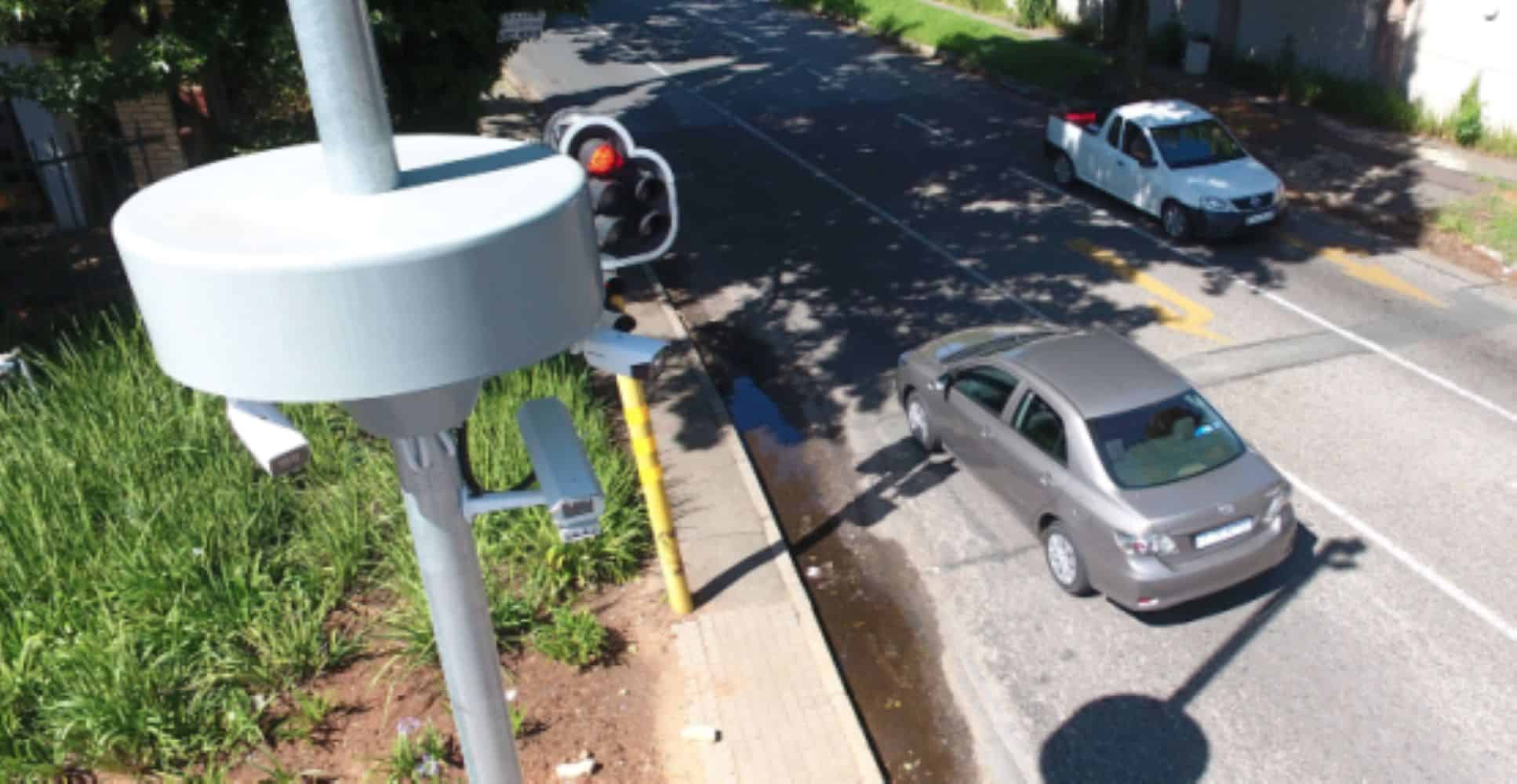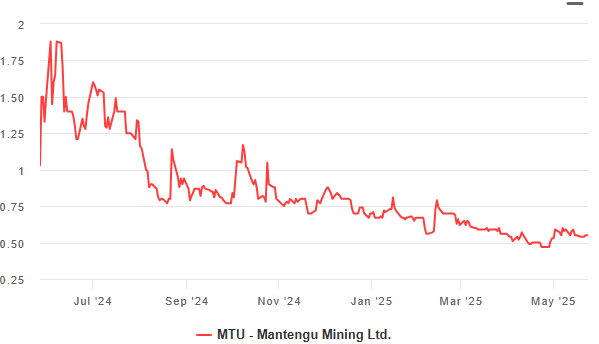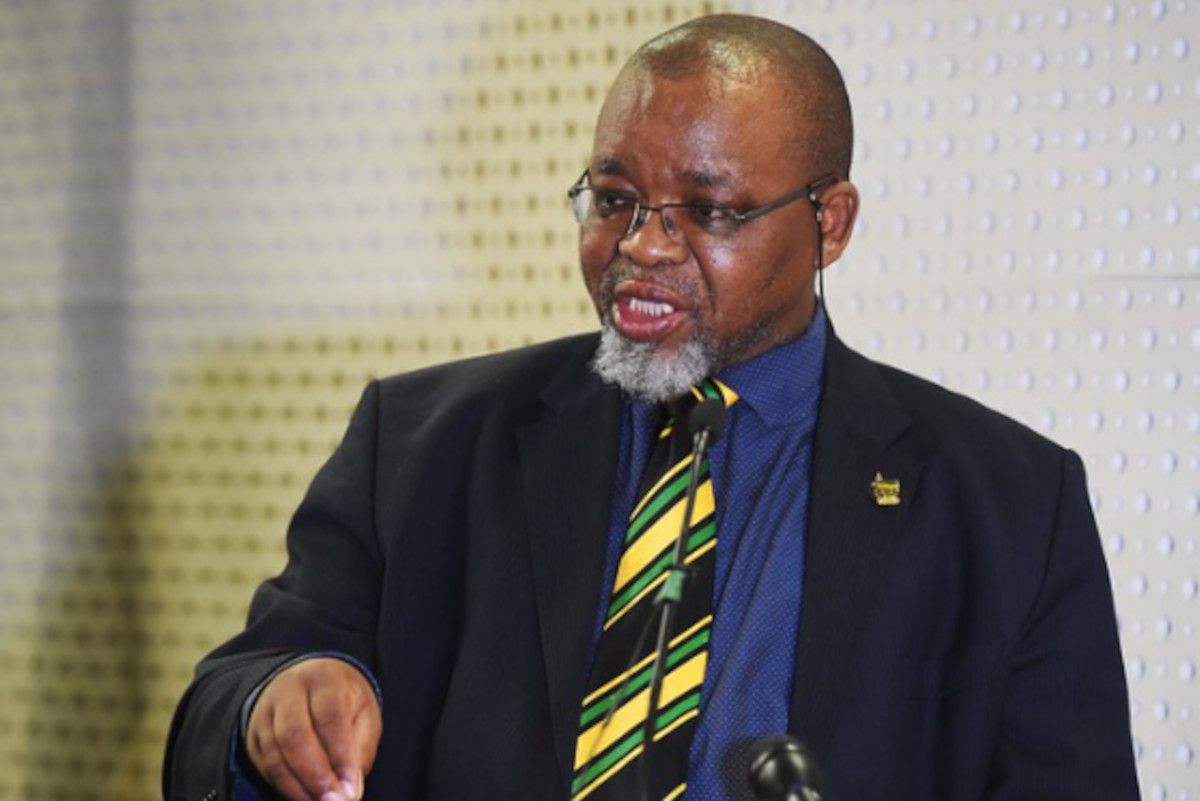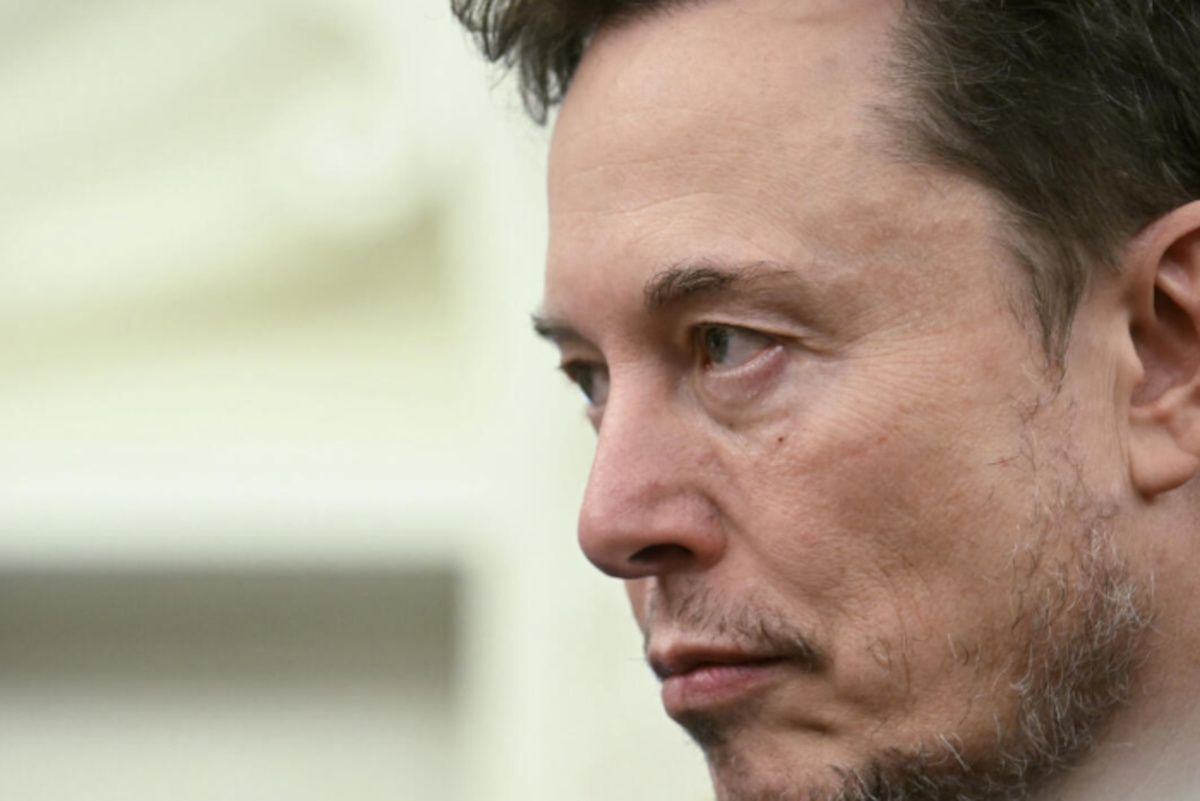Says city ‘is exceeding its powers’ (and welcomes City of Cape Town’s decision to amend its budget).
The South African Property Owners Association (Sapoa) will challenge a controversial by-law adopted by the City of Joburg (CoJ) in February to regulate privately-owned CCTV camera systems facing public spaces.
A court application has been issued and is being formally served on the city, which means the city can no longer attempt to enforce the by-law pending the outcome of the litigation, Sapoa said in a statement on Friday.
The contentious Privately-Owned Closed Circuit Television Surveillance Camera by-law has met with resistance from a wide spectrum of stakeholders who question:
- The process followed to adopt it;
- The city’s mandate to regulate the matter;
- The impact it will have on the fight against crime; and
- The impact it will have on the economic viability of the private security sector.
The by-law has been operational since its adoption in council on 28 February, despite opposition from the DA and ACDP.
It provides for the obligatory registration of all CCTV camera systems operational within Johannesburg that have an angle of view to public places, the annual renewal of approval, regular inspections of all CCTV cameras by city officials, the payment of fees in respect of applications and renewals, as well as the fact that footage may only be released to a South African Police Service (SAPS) or Johannesburg Metropolitan Police Department (JMPD) officer.
“Footage obtained from CCTV cameras may no longer be shared by the property owner or security provider,” Sapoa says.
ALSO READ: Joburg’s CCTV bylaw fails residents and security firms
Hobbling the fight against crime
Vumacam, the largest CCTV operator in the province, previously said the introduction of the by-law will set back the progress made with the use of technology to fight crime.
Vumacam has a large network of cameras linked to a control room from where it can activate private or public security forces to incidents.
According to ITWeb it received a total of 118 764 events via its integrated intelligence operations centre in March alone.
“Of the total number of events, 8 197 situations were escalated to the control room, leading to the arrest of suspects in connection with multiple armed robberies across Johannesburg.”
Vumacam said in a statement in April it “believes that the legislation in its current form places significant, unlawful restrictions on privately owned CCTV cameras, which are onerous and overly restrictive to commercial, private, and residential camera owners”.
It said the by-law creates “significant uncertainty for operators like Vumacam”.
“The challenges introduced to operating its services will make them economically unviable in the current economic climate. By prohibiting the existing use of CCTV by businesses, the by-laws will have a detrimental effect on many industries across the city and may limit the technology’s efficacy and further growth.
“The new by-laws also appear to limit how the private security industry can use CCTV to protect the communities they serve,” it adds.
“Vumacam believes this is a step backwards in the critical fight to protect all citizens and grow the economy, as many private security operators have used surveillance technologies to great effect in the last few years,” Vumacam said.
The DA called the by-law “nothing more than a hidden tax on safety and security, disguised as regulation”.
Sapoa says despite the by-law being in operation for more than two months, no registration forms are available, and the tariffs have not been published.
ALSO READ: Concerns over private CCTV cameras in Joburg
Legal advice
The commercial property industry body questions the promulgation process and is convinced, after obtaining legal advice, that the city is exceeding its powers by trying to regulate a matter relating to safety and security, privacy, and other constitutional rights, which do not fall within the constitutional mandate of local government.
Sapoa CEO Neil Gopal says the Constitutional Court has noted that municipalities are primarily tasked with service delivery and this by-law has nothing to do with that.
“Imagine a crime-ridden City that can’t even provide basic service delivery, or fix a leak, wants to add another admin-intensive application and registration process to their arsenal of already failing initiatives,” DA caucus leader Belinda Kayser-Echeozonjoku said.
Gopal said commercial property owners would be remiss in their legal duty if they did not safeguard their properties by making use of CCTV cameras.
ALSO READ: Gauteng e-Government expands CCTV network in townships
‘Legislative overreach’
“To now decree that such systems must not only be registered and approved, especially given the administrative backlogs experienced in the City, but also that footage may only be shared with authorised officials, constitutes legislative overreach by the City,” he said.
In doing so: “The by-law violates property owners’ right to access of information, as enshrined in the Constitution.”
Gopal said Sapoa has decided to proceed with challenging the by-law in court to have it declared unconstitutional and invalid and to have it set aside.
Sapoa asked its members to notify the organisation if they are aware of any attempts to enforce the by-law pending the litigation.
ALSO READ: Sapoa calls for action on illegal developments in Tshwane
Cape Town rates matter
Meanwhile, Sapoa has welcomed City of Cape Town’s decision to amend its latest budget. Gopal expressed hope that in its anticipated amended budget proposals, the city accedes to Sapoa’s earlier requests.
The organisation objected to:
- The proposed 7.96% increase in property rates, proposing that the increase be capped at 5%;
- The introduction of a city-wide cleaning levy, which it considers to be an unlawful and unconstitutional additional tax;
- The calculation of fixed water charges on the basis of property valuation, and the introduction of a basic sewerage charge (it proposed a return to calculations based on connection size);
- The proposed electricity charges, which it says boil down to a 16% increase for large commercial users; and
- The lack of a tariff calculator for commercial clients, without which it is impossible for the business sector to assess the impact of the new budget on their finances.
Sapoa met with Cape Town Mayor Geordin Hill-Lewis last week, with Gopal thanking the mayor and his team for the opportunity to constructively engage with the city.
“Our meetings were robust but respectful, and we assured the City of the continued support of Sapoa,” he said.
“It is however important to note that the commercial property sector is an important constituency which should not be ignored, as continuous unreasonable and unsustainable increases in rates and other charges will naturally lead to businesses disinvesting in the city.”
This article was republished from Moneyweb. Read the original here.














